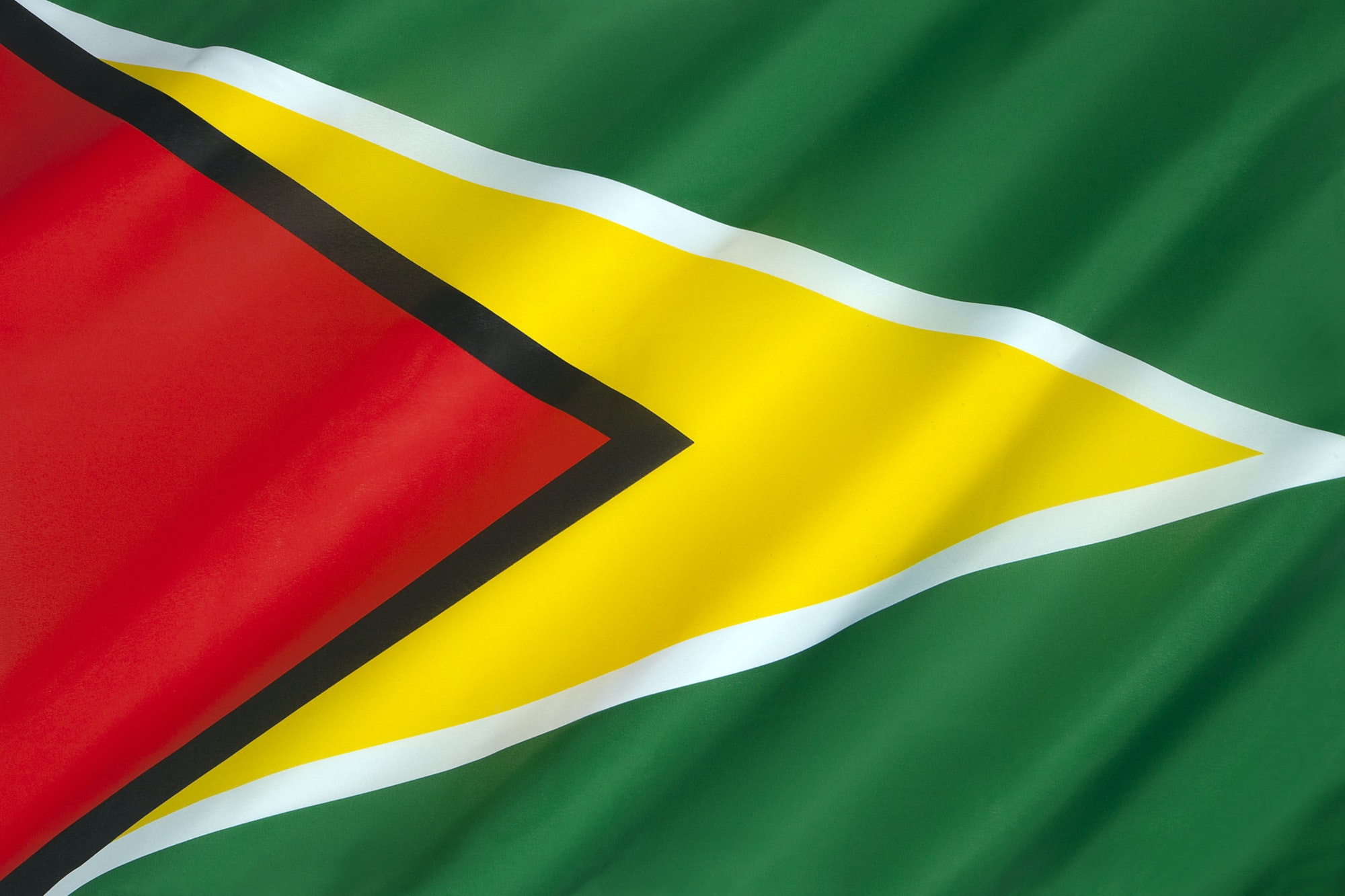Let’s dive into the complex situation between Venezuela and Guyana over the Essequibo region. This issue has recently heated up due to some bold moves by Venezuela, and it’s making waves in international politics.

Venezuela’s Big Move: Claiming Guayana Esequiba
What Happened with Venezuela’s Referendum?
Venezuela, led by President Nicolás Maduro, has declared a new state called “Guayana Esequiba.” This is a big deal because it’s part of an ongoing argument with Guyana over who owns the Essequibo region, which is full of oil.
Why Maduro’s Decision is a Big Deal
By announcing this new state, Maduro is shaking up an old agreement from 1899 that settled the area’s borders. He’s also set up a special group to focus on this region, showing he’s really serious about this claim. This move isn’t just about the two countries; it’s getting attention from big global players too.
The Essequibo Region: Why Everyone Wants a Piece
Oil and Minerals at the Heart of the Dispute
The Essequibo region is a big chunk of Guyana, covered in forests and rich in oil. Maduro’s actions, like giving out licenses for oil exploration and setting up a special division in Venezuela’s state oil company for this area, highlight why this land is so important.
How People Living There are Affected
Maduro’s plans don’t just involve land; they also affect the people living there. He wants to count them as Venezuelan citizens, which brings up a lot of questions about their identity and rights.

How the World is Reacting
Guyana’s Reaction and International Support
Guyana’s President, Irfaan Ali, sees Venezuela’s actions as a threat. Guyana is getting help from countries like the USA and Brazil, showing that this issue is getting international attention.
The US and Brazil Want a Peaceful Solution
The US wants things to be sorted out peacefully, respecting the old 1899 border agreement. Brazil is also trying to keep things calm, moving troops near the region and talking with Venezuela.
What This Means Economically and Politically
Guyana’s Oil and Venezuela’s Strategy
Guyana is finding a lot of oil, and it might even produce more than Venezuela soon. Maduro’s actions are seen as a way to boost his popularity at home, especially with elections coming up.
Bigger Picture: The Venezuela-Guyana Conflict’s Impact
This situation reflects bigger global issues, like Russia’s role in international politics. It’s similar to other land disputes around the world and could lead to more tension in South America.
This guide breaks down the complex Venezuela-Guyana Essequibo dispute in a way that’s easier to grasp, especially for college students. It’s a situation with many layers, involving not just the two countries but also the wider international community.

Frequently Asked Questions (FAQs) About the Venezuela-Guyana Essequibo Dispute
1. What is the Essequibo region and why is it important?
The Essequibo region is a large, resource-rich area in Guyana, known for its dense forests and significant oil reserves. It’s important because of its natural resources and strategic location, making it a point of contention between Guyana and Venezuela.
2. Why does Venezuela claim the Essequibo region?
Venezuela’s claim dates back to a dispute over the interpretation of an 1899 arbitration agreement that set the border between the two countries. Venezuela argues that this agreement was unfair and has since claimed the Essequibo region as part of its territory.
3. What actions has Venezuela taken in the Essequibo region?
Venezuela, under President Nicolás Maduro, has declared the creation of a new state called “Guayana Esequiba.” This includes setting up a special commission to oversee the region and issuing exploration licenses for oil and minerals.
4. How has Guyana responded to Venezuela’s actions?
Guyana has rejected Venezuela’s claims and actions, viewing them as a violation of its sovereignty. Guyana’s government has sought support from international allies, including the United States and Brazil, to resolve the dispute peacefully.
5. What is the role of the United States and Brazil in this dispute?
The United States advocates for a peaceful resolution based on the 1899 arbitration agreement. Brazil, sharing a border with both countries, is also pushing for a peaceful solution and has increased its diplomatic and military presence in the region to prevent escalation.
6. How does this dispute affect the people living in the Essequibo region?
The dispute creates uncertainty for the residents of the Essequibo region, particularly regarding their nationality and the future governance of the area. Venezuela’s move to count them as Venezuelan citizens adds complexity to their identity and legal status.
7. Are there any environmental concerns in the Essequibo region?
Yes, environmental concerns arise from potential oil and mineral exploration and exploitation in this ecologically sensitive area. The dispute complicates efforts to manage and protect the region’s rich biodiversity.
8. Could this dispute lead to a larger conflict in South America?
While the dispute has the potential to escalate, the involvement of international actors like the US and Brazil, advocating for a peaceful resolution, helps in reducing the likelihood of a larger South American conflict.
9. What is the international community’s stance on this issue?
The international community, including the United Nations, generally supports a peaceful and legal resolution to the dispute, respecting historical agreements and international law.
10. How can I stay updated on the Venezuela-Guyana Essequibo dispute?
To stay informed, follow reputable news sources that cover South American politics and international relations. Additionally, official statements from the governments of Venezuela, Guyana, and involved international bodies like the UN can provide updates.
Sources CNN


